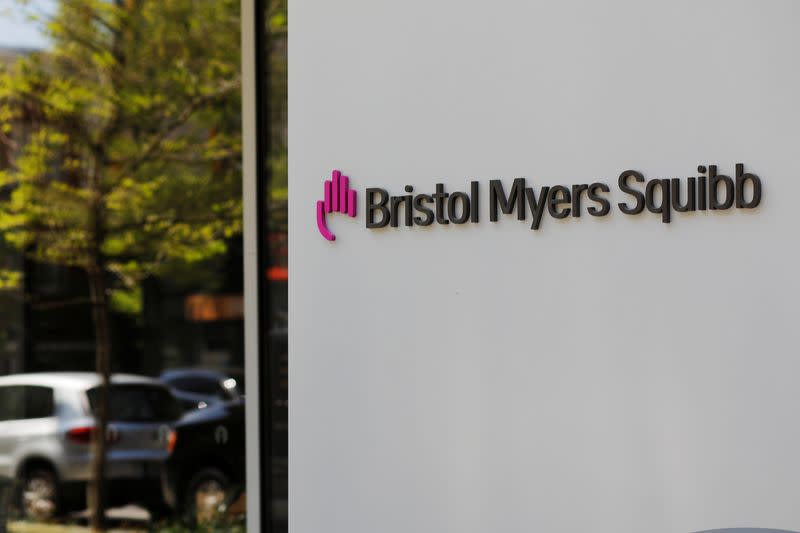Bristol Myers to buy schizophrenia drugmaker Karuna Therapeutics for $14 billion

By Michael Erman and Manas Mishra
(Reuters) -Bristol Myers Squibb on Friday agreed to buy Karuna Therapeutics for $14 billion, gaining a promising new type of antipsychotic medicine to help power growth as patents on its older therapies expire later this decade. Karuna's experimental schizophrenia drug, called KarXT, should drive sales through the late 2020s and into the next decade, at a time when two of its top drugs, blood cancer treatment Revlimid and blood thinner Eliquis face generic competition. The drugmaker is also expected to face revenue losses for two of its other top sellers, cancer immunotherapy Opdivo and blood thinner Eliquis, as they lose patent protection later this decade. Eliquis is also among the 10 drugs expected to be subject to drug price negotiations by the U.S. Medicare health program in 2026. "We still have considerable financial power to do business development and engage in bringing innovation into the company," Bristol Myers Chief Executive Chris Boerner said in an interview, although he plans to eschew larger, transformative deals. "We have ample opportunity to build additional depth in therapeutic areas that we're in today - think oncology or cardiovascular disease - and to continue to enhance in areas that are maybe a little bit more nascent" like neuroscience. Boerner said KarXT could be a multi-billion dollar drug across several indications, noting it could help patients with Bipolar I disorder and those with psychosis and agitation from Alzheimer's disease. Under the terms of the deal, Bristol would pay $330 a share in cash for Karuna, which represents a 53.4% premium to its last closing price. Karuna's shares rose to $316.80 in early trading. Bristol shares rose 2.5%. Through Friday, its shares had lost nearly 30% of their value this year versus an over 20% rise in the S&P 500 index. US PATENT PROTECTION THROUGH MID-30S Boerner took over as CEO of Bristol in November, days after the company lowered its near-term expectations for its new pipeline portfolio. Analysts have forecast multibillion dollars in peak sales for KarXT, with a decision on its approval for schizophrenia due by September next year. While there are several older drugs for schizophrenia, KarXT is a new type of antipsychotic medicine that activates proteins called muscarinic receptors in the central nervous system, while existing antipsychotic drugs block proteins called dopamine receptors. In clinical trials, the drug helped patients reduce symptoms without many of the adverse events typically associated with current antipsychotic treatments, such as sleepiness, weight gain and involuntary movement. Karuna's drug is expected to be patent-protected in the United States through the mid-2030s. The deal is expected to hit Bristol Myers' earnings per share by roughly 30 cents in 2024 due to the financing costs. The deal is "fairly valued in our view and can’t rule out another potential bidder, given this is first-in-class in an area that has not seen a new mechanism approval in decades," said William Blair analyst Myles Minter.The acquisition comes roughly two months after Bristol's deal to buy cancer drugmaker Mirati Therapeutics for as much as $5.8 billion.
(Reporting by Manas Mishra and Khushi Mandowara in Bengaluru, Michael Erman in New York; Editing by Arun Koyyur, Nick Zieminski and Emelia Sithole-Matarise)

 Yahoo Finance
Yahoo Finance 